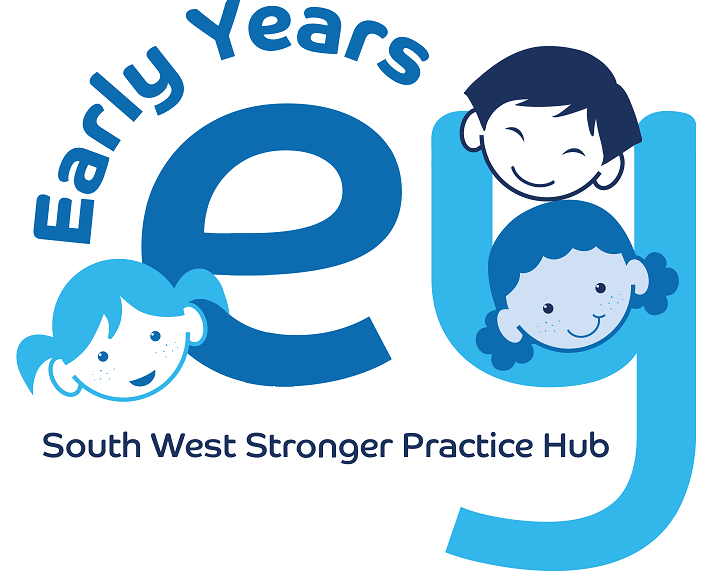Author: Heidi Price
Heidi Price is the CEO for the IDEAL Alliance which includes a primary school, two nursery schools, two PVI daycare provisions & the Early Years Southwest Stronger Practice Hub in Plymouth. Here, she explores how the Alliance has used coaching to enable staff to have a greater impact on developing a high-quality environment.
Blog: 4-minute read, Monday 9th April 2024
Recently, I was reflecting on the impact of coaching and how it can transform the behaviour and impact of the team. As a leader, it can be very challenging to develop high quality provision for children through the leadership and management of others. Have you ever considered how you can maximise the way you influence and develop the team you work with? This year I have been set the challenge by my governors to ensure that I offer one coaching session per term to each of the system leaders within our schools and settings, as well as ensuring that I make the time for a coaching session twice a term myself. This blog will offer some helpful tips and strategies to enable you to use a coaching approach to improving your practice and that of your team.
Insights into Transformational Coaching
There are many different types of coaching, but in this blog we are going to specifically consider the impact of transformational coaching. A simple definition is ‘Transformational coaching explores a client’s inner world of beliefs, assumptions, values and expectations in order to create greater possibilities for ways of being in life.’ In other words, how you see the world and interact with it, defines how you deal with challenges when they arise. The purpose of transformational coaching is to empower you to rethink what is possible. It allows you to develop a greater understanding of what you are trying to achieve but looks deeply into developing a greater awareness around your thoughts and assumptions.
In order to do this effectively, this style of coaching requires you to reflect on who you are and understand what makes you tick. It is described as transformational because as your self-awareness grows, you develop better emotional intelligence and a greater ability for strategic thinking.
Transformational coaching encourages us to consider our knowledge and skills. These are often elements that both we and our colleagues are aware of. However, as we dig beneath the surface of what drives us to behave in a certain way and make the choices we make, we begin to consider our social role, self-image, traits and motives. These tend to be the areas of our behaviour that are intrinsic to our choices and may be instinctive. One helpful model to imagine is the Iceberg Model of Competencies. Once we are able to understand our drivers, we have a greater chance of understanding how these behaviours affect those around us and modifying them to enable the team to achieve their potential.
Here are some helpful questions posed to me by my coach Astrid Korin: How is your behaviour model enabling you to empower your community? How might it be getting in the way? How are you enabling your team to step into their leadership style, and in what ways can you overcome the barriers that are holding you back as a person?
A further helpful model to consider is the drivers for understanding yourself. This might seem very technical so here is an example of how it could work: In a recent coaching session, I identified that I have the core trait of ‘be strong’ when I am faced with a challenge. On deeper reflection, I could relate this to challenging childhood experiences which have shaped my core instinctive responses – these were not happy memories, but they helped me to understand what makes me the person I am.
I could also see that those responses in turn were interpreted by others dependant on their core traits. By noticing patterns in me, I was able to identify how my beliefs were holding me back. For example, my staff who identify more as ‘be perfect’ may find that my approach doesn’t give enough detail and those who identify more as ‘please others’ may feel that I am not caring enough or giving enough time for emotions.
Since this session, understanding how I am perceived by others has enabled me to adapt my responses and be more aware of how my traits affect them. In turn, it has helped me to coach my team so that they understand more of their own drivers and how they affect others. This has allowed us to talk about our effectiveness as a team in a more objective way to help us get the best results for our children and from each other.
It has been very empowering to be able to unlock the potential of the team through developing a greater understanding of myself. In the words of Carl Jung, ‘Until you make the unconscious conscious it will direct your life and you will call it fate.’
